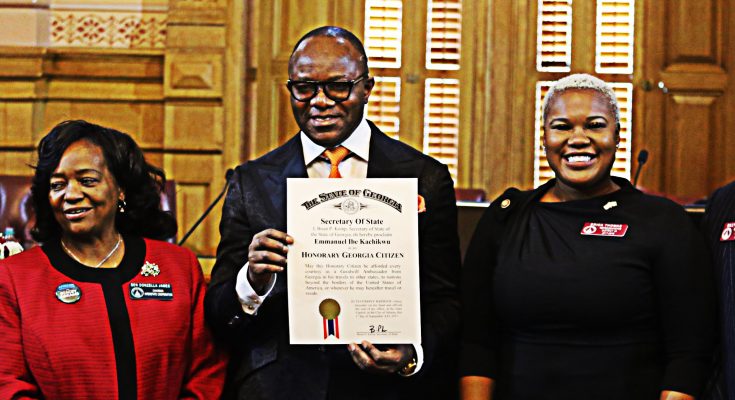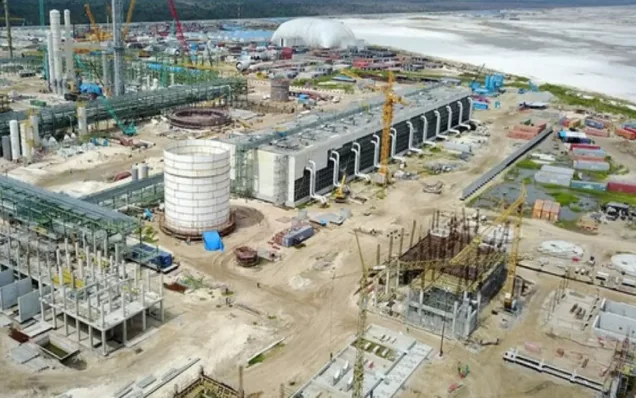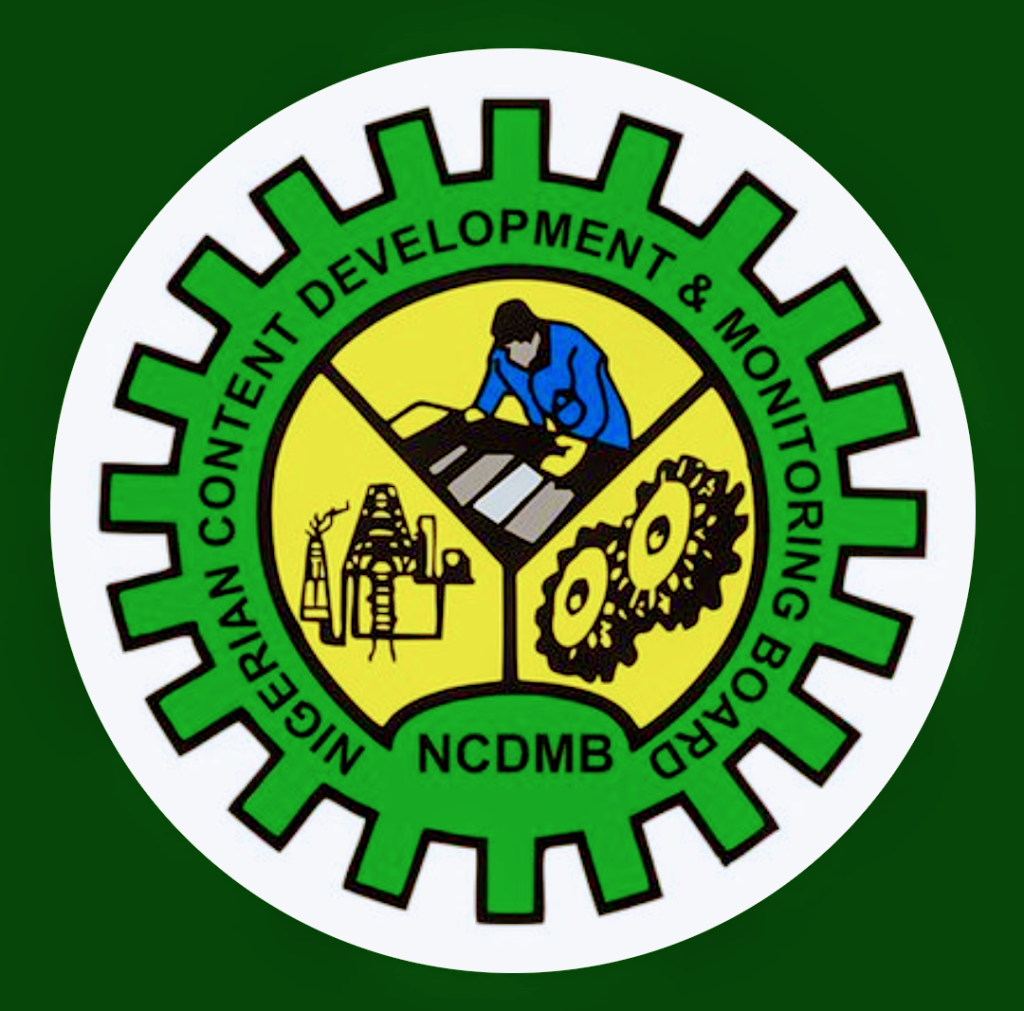Dr Emmanuel Kachikwu, Minister of State for Petroleum, has declared that Nigeria has the strongest economy in Africa and the most profitable investment destination in the world.
Kachikwu said this in Atlanta at ‘The Nigerian Oil and Gas Core Strategic Investors’ Meeting’, aimed at presenting the investment opportunities in Nigeria’s oil and gas industry to the United States’ investors.
The minister said Nigeria looked to the Diasporas of Africa to see where they could form permanent partnership that would invest in very critical areas in the country, where they could break even in three years.
Kachikwu said: “Infrastructure is key, the oil sector alone has infrastructure deficit of over 30 billion dollars to get us to where we should be.
“We need to be able to supply gas sufficiently to power the entire country, and if we succeed in doing that over the next 10 year-period, we would have a very booming economy.
“Nigeria still has the strongest economy in Africa but we could double that, we could become quite frankly what America is to the entire American diasporas for Africa”.
The minister welcomed the investors to come and invest in Nigeria, assuring that their investments were safe and protected.
“So I invite you to a country that has its challenges but has huge opportunities probably the only country in the world where the average returns on investment is in excess of 25 per cent a year.
“This is massive. So the returns are heavy, the resources are there and there is a huge opportunity to playing in the field.
“It is now time quite frankly for a lot of us who sit here as investors, as players, to begin to look to the country of the future – Nigeria.”
He said since 2016, Nigeria started major policies called the ‘7 Big Wins’ focusing on gas, infrastructure growth, and trying to refine the country’s petroleum products locally.
The minister said Africa could not continue to be a continent dependent on aid, but that Africa had got to create trade, opportunities and mixes that would help the region stand on its feet.
“So quite frankly, there’s an urgency of yesterday for Nigeria to move into the forefront of leadership both economically and politically in Africa and we need to begin to push that,” he said.
Kachikwu said this was the first time Nigeria was creating the process of bringing the private sector to invest in refineries, adding that the sector had taken over and broadened.
He assured the investors of continuity of policies, saying the policies were being institutionalised through legislation by the legislators and necessary implementing agencies to outlive the present administration.
“I’ve sent out a very loud message out there that over the next four to five years, whether or not I’m there, the reality is that oil companies that fail to focus on local refineries, we are going after them.
“And as you are here and producing the oil, the price is going to be the same so we are not saying people should discount.
“But you must put that oil in there, create jobs, because any member of OPEC who in the next few years cannot refine most of its oil, is going to have massive problems.”
Responding on behalf of the American investors, President of Hightowers Petroleum and Energy, Mr Stephen Hightower, lauded the minister for embarking on policies that made Nigeria’s oil and gas sector an investors’ choice.
Mr Mohammed Suleiman-Onibo, Managing Partner of Petrobiba, on behalf of the organisers, said the United States of America was always interested in investing in Nigeria.
He said the summit aimed to increase the awareness and promote investment going to Nigeria, adding the parameters and the requirements of such investments were very easy but sometimes not followed through.
The Consul-General of Nigeria in Atlanta, Mr Kayode Laro, commended the minister for the courageous and far-reaching reforms he had carried out in the industry.
Executive Directors of the ministry and heads of its subsidiaries also took turns to present investment opportunities and attractiveness in the Nigerian oil and gas sector to the American investors.
Source NAN













